“Saying that ‘happiness is best’ is something manifestly agreed on, whereas what it is still needs to be said more distinctly. Now, perhaps this would come to pass if the work of the human being should be grasped. …
So whatever, then, would this work be? For living appears to be something common even to plants, but what is peculiar [to human beings] is being sought. One must set aside, then, the life characterized by nutrition as well as growth.
A certain life characterized by sense perception would be next, but it too appears to be common to a horse and cow and in fact to every animal. So there remains a certain active life of that which possesses reason. …
We assert that the work of a given person is the same in kind as that of a serious person, just as it would be in the case of a cithara player. … For it belongs to a cithara player to play the cithara, but to a serious one to do so well. …
If we posit the work of a human being as a certain life, and this is an activity of soul and actions accompanied by reason, the work of a serious man is to do these things well and nobly. …
But, in addition, in a complete life. For one swallow does not make a spring, nor does one day. And in this way, one day or a short time does not make someone blessed and happy either.”
(Nicomachean Ethics, 1.7)


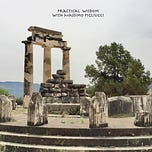


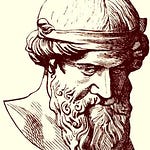
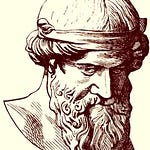
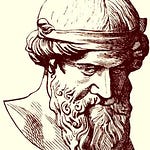

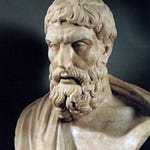
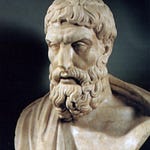
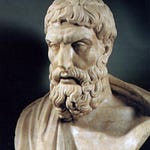
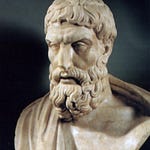
Share this post